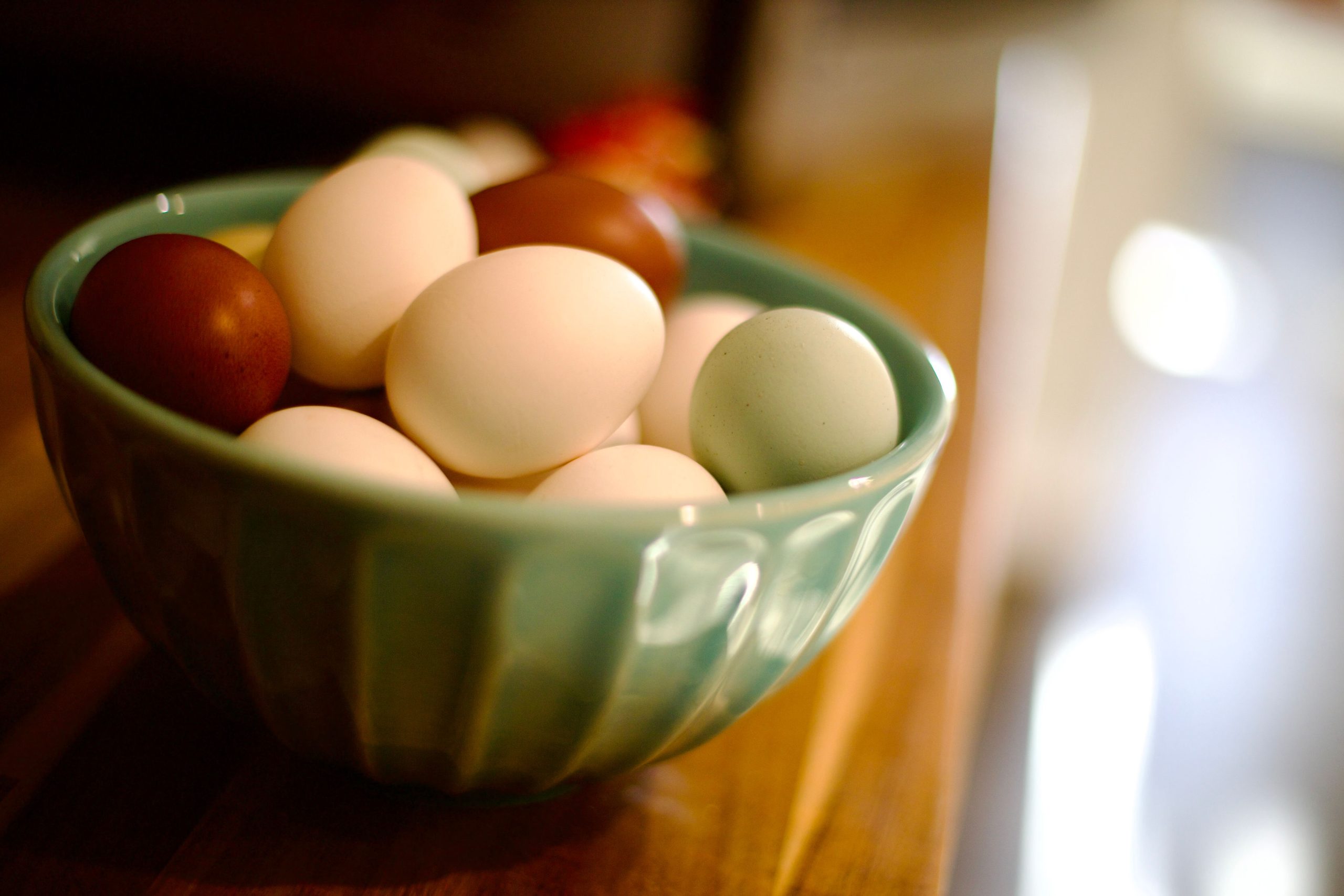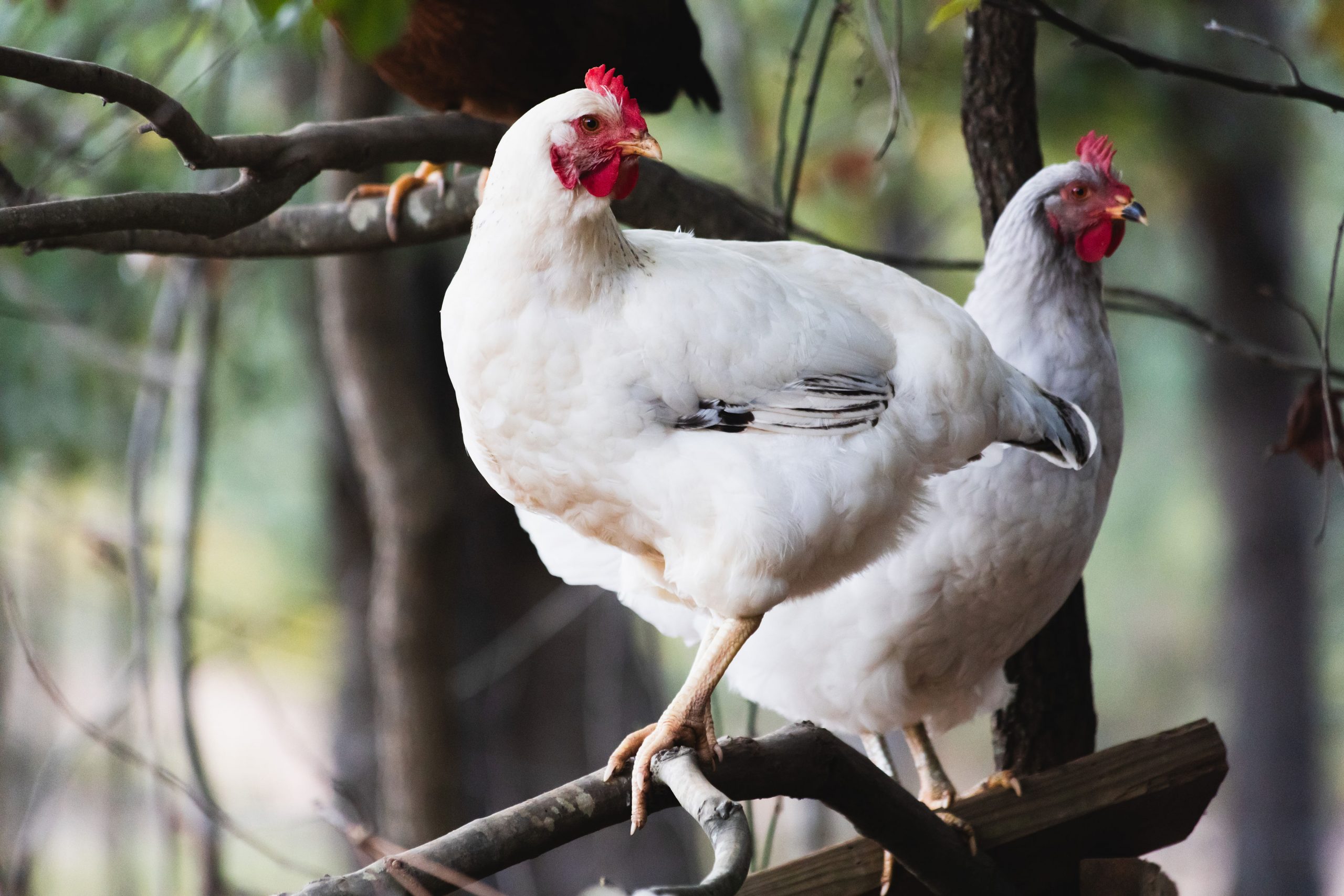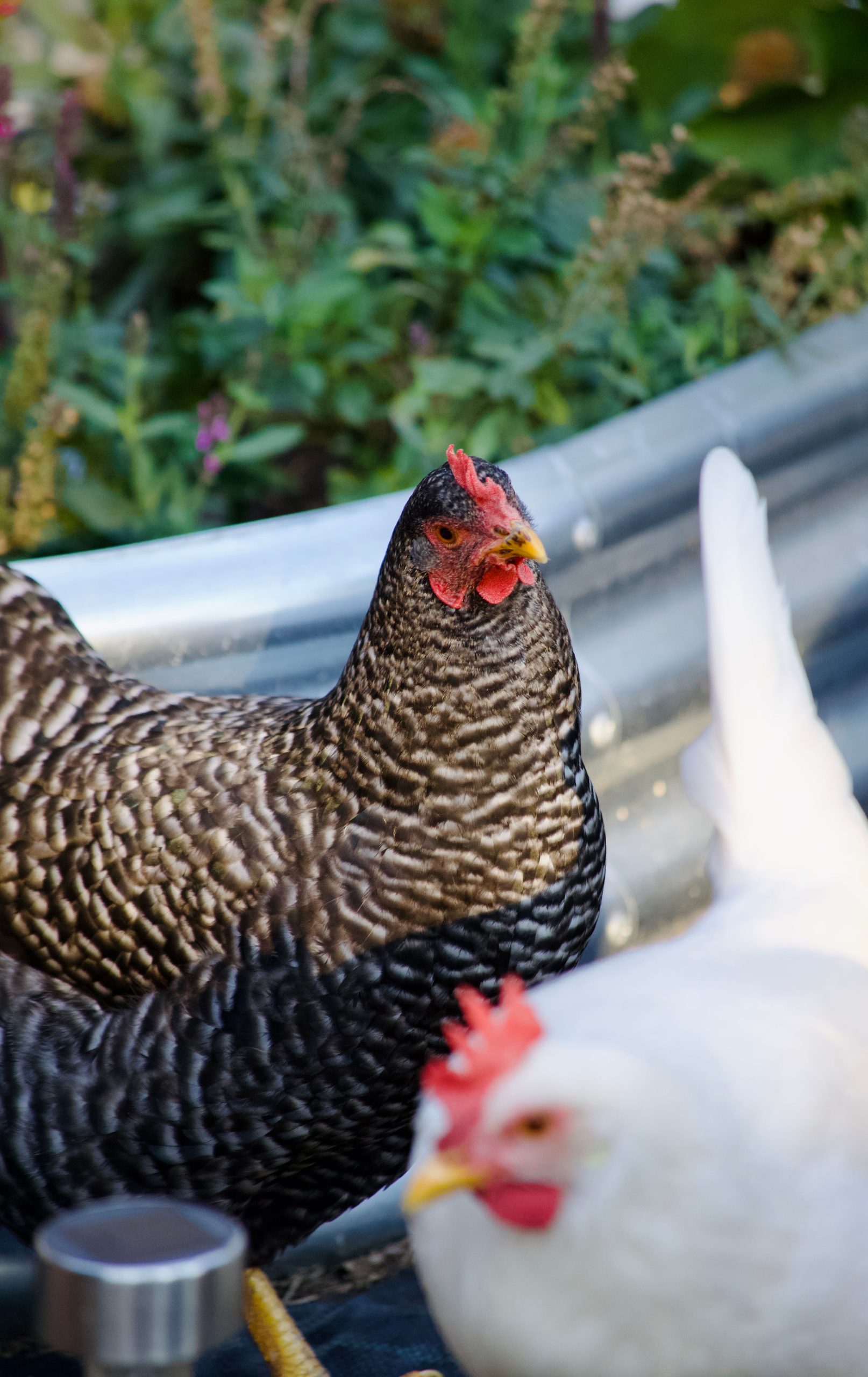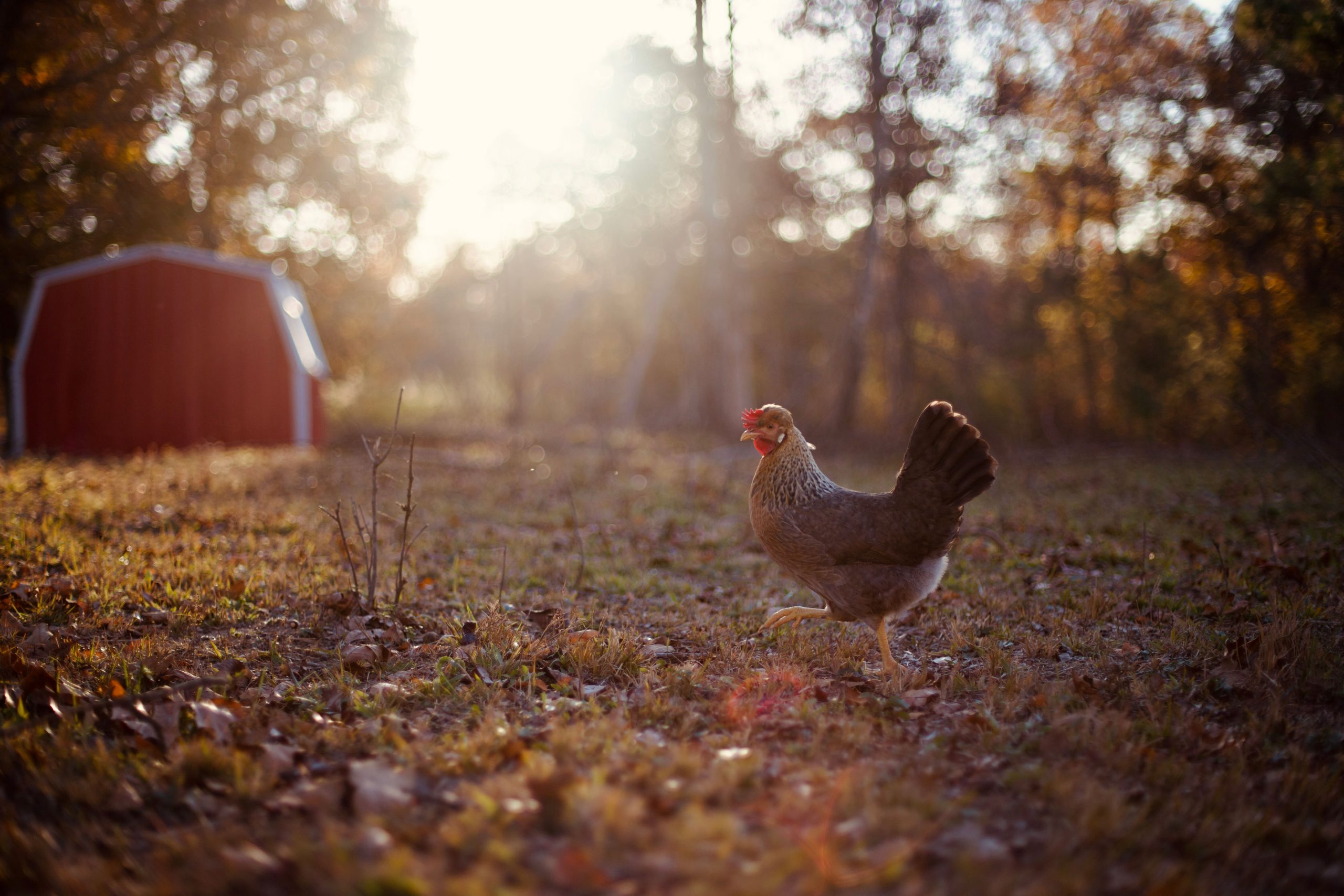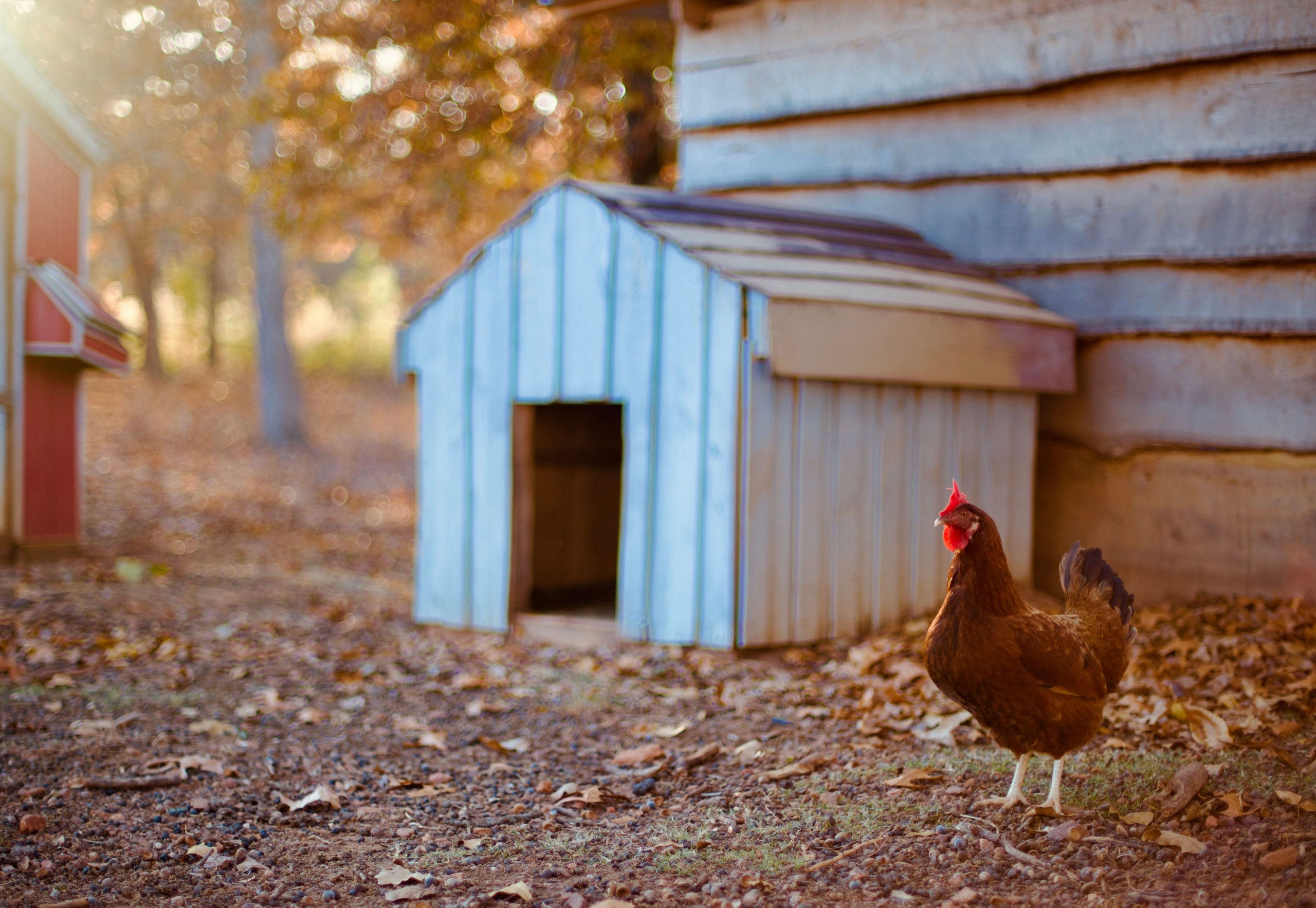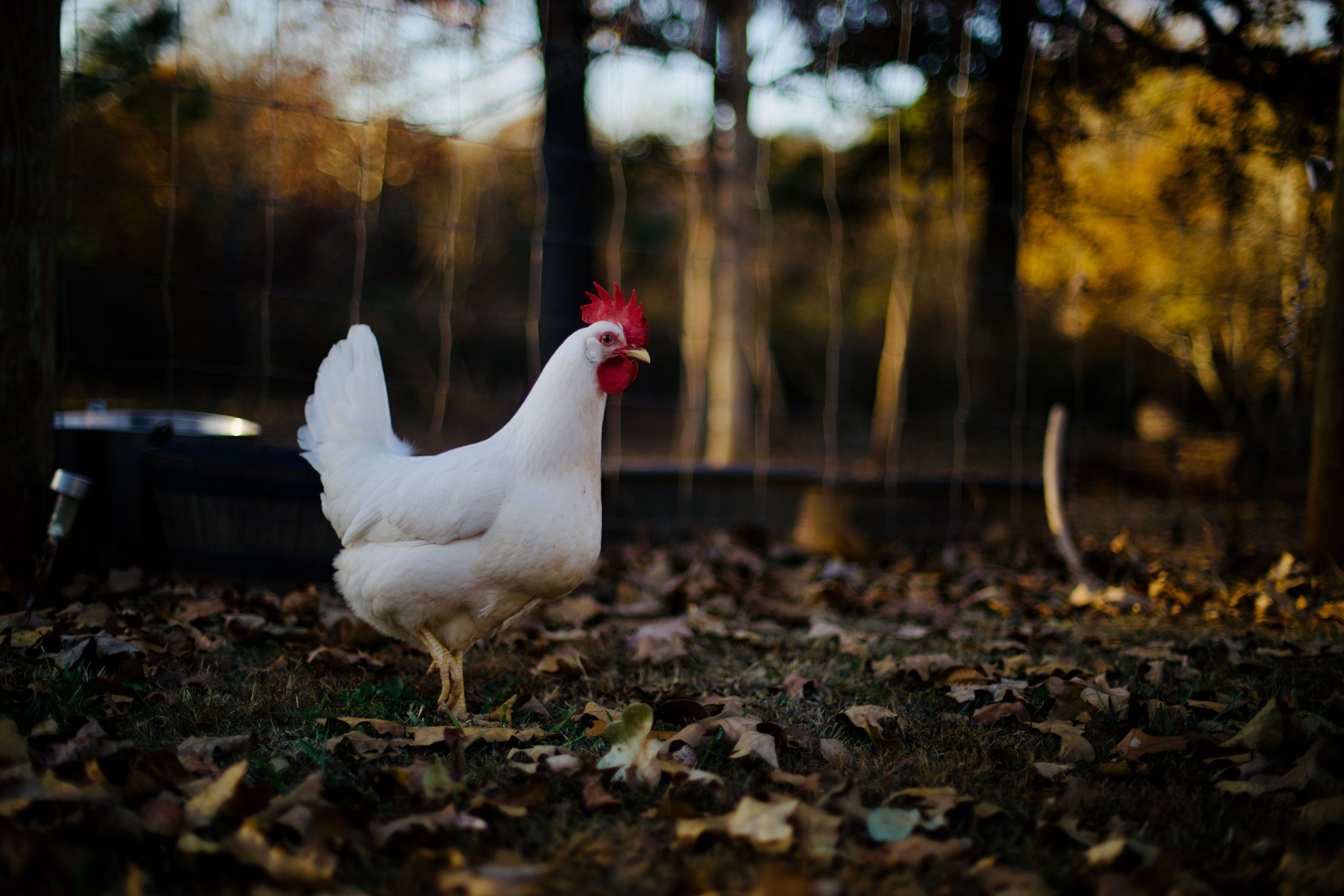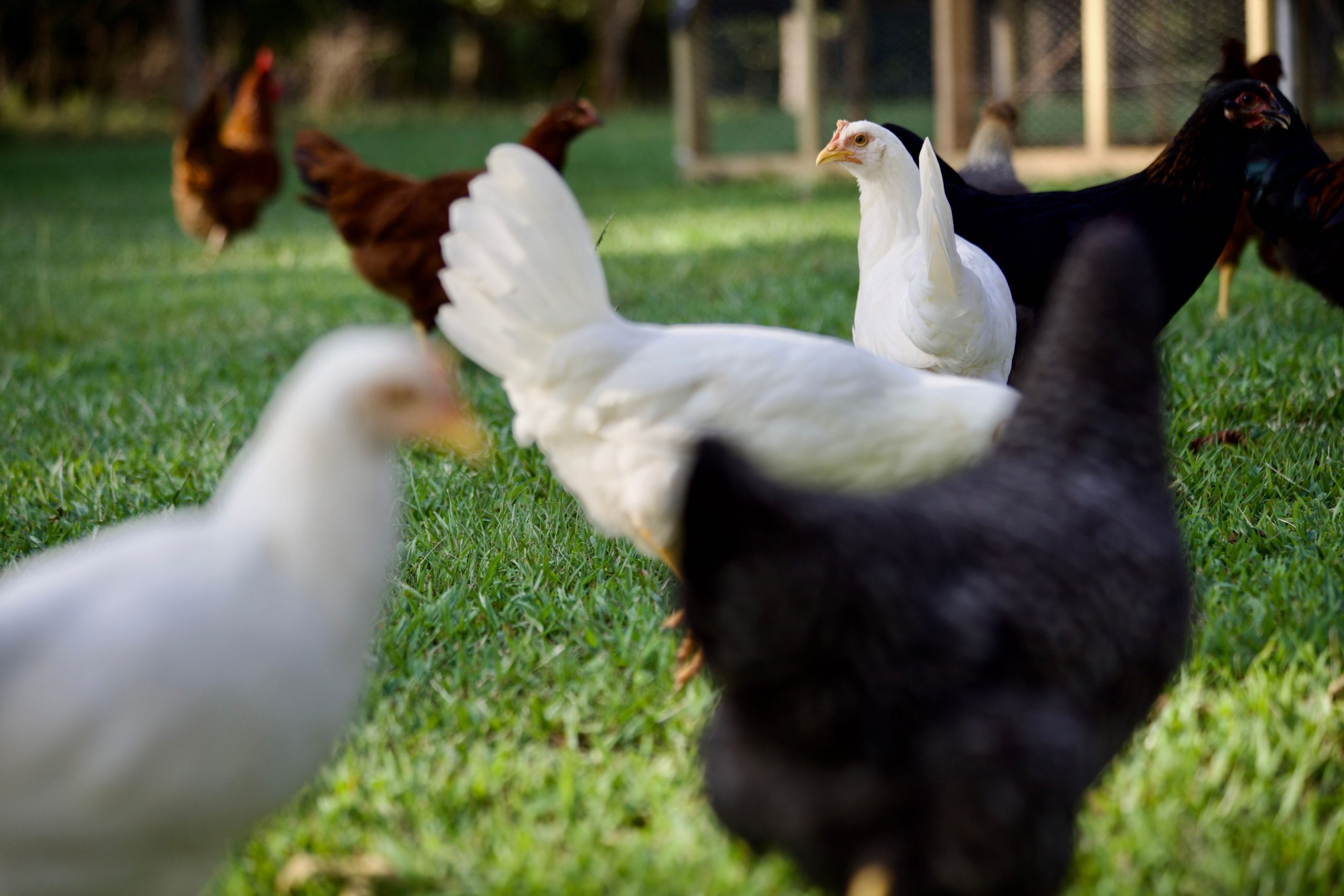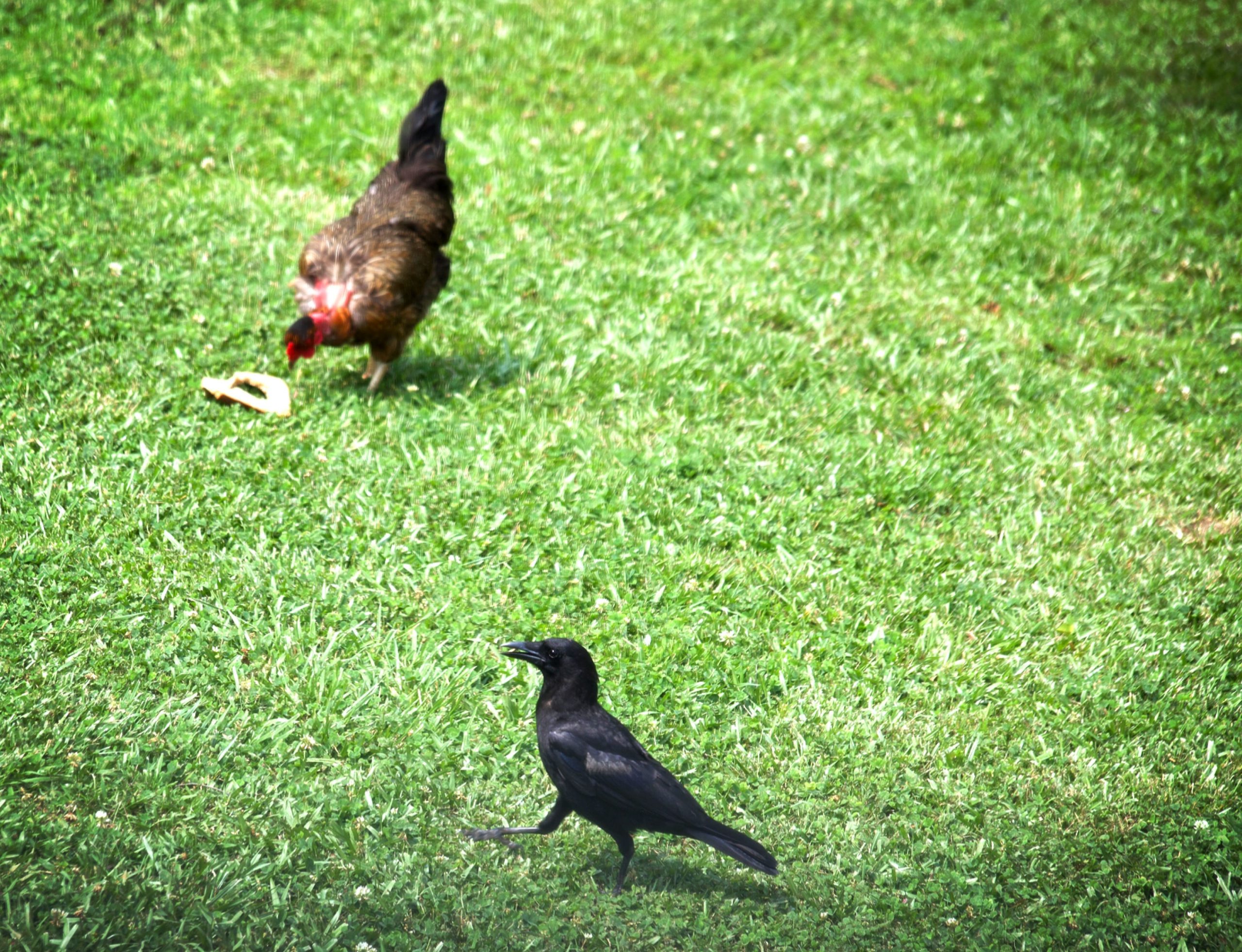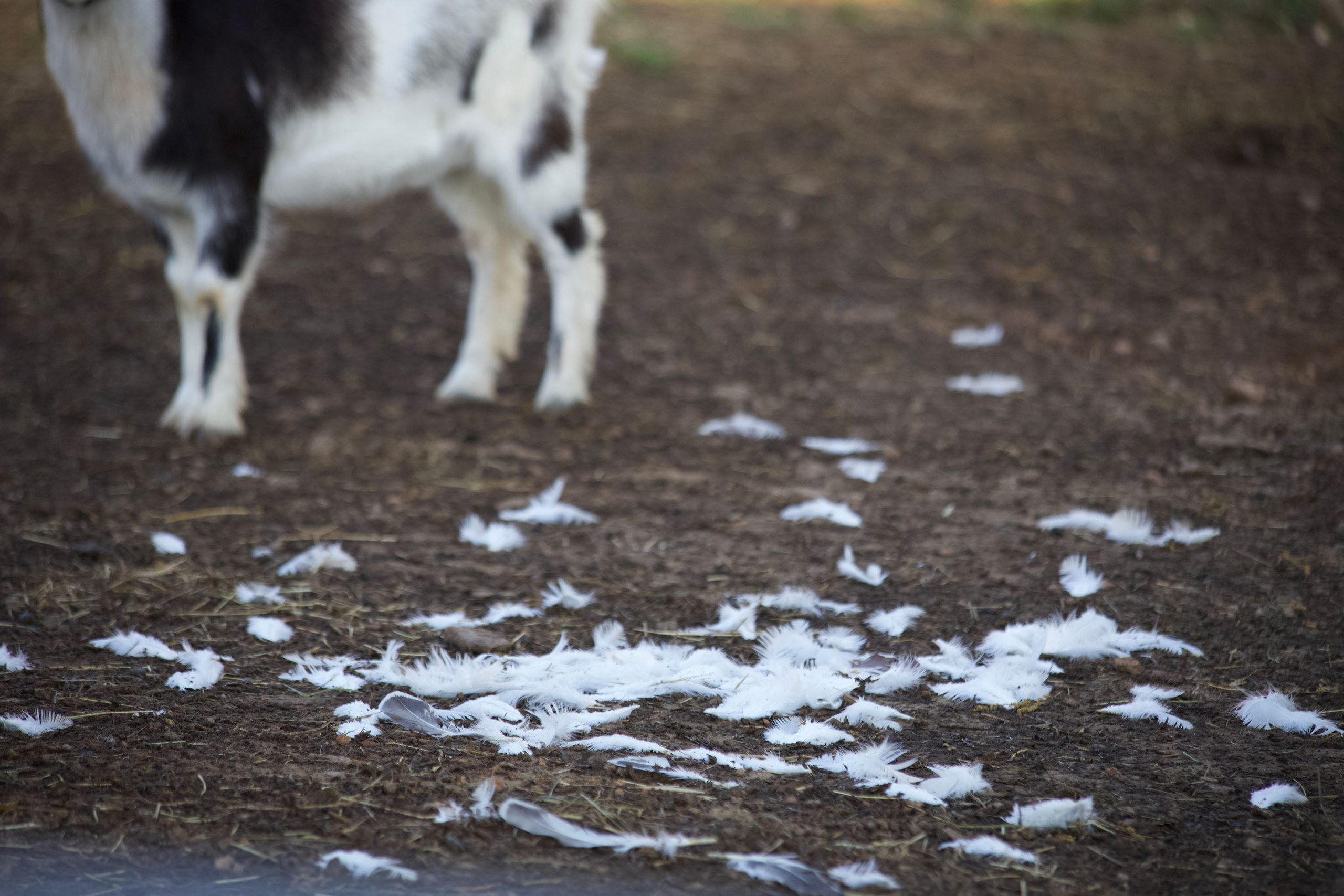Keeping chickens in the city brings fresh eggs and wholesome fun—but it also comes with a soundtrack that’s surprisingly lively Chickens aren’t quiet creatures; their range of clucks, squawks, and chatter can be a surprise to new urban flock keepers Most people think roosters are the only loud mouths, but they must not be aware of the daily song a hen sings after laying her egg!
What’s Making All That Noise?
Chickens vocalize for all sorts of reasons: socializing with the flock, alerting to potential danger, staking claim on favorite food, or just
